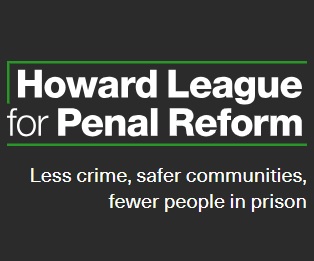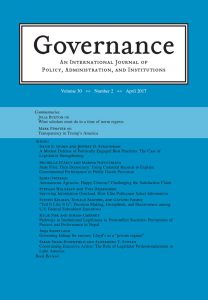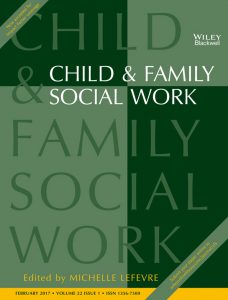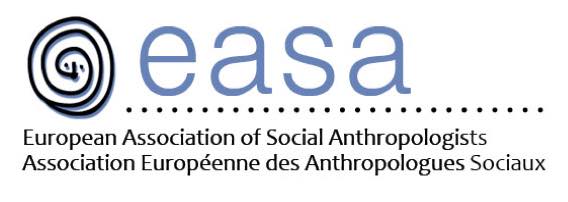Developing a Coercive Control Defence
Each year as part of its annual conference, the Socio-Legal Studies Association (SLSA) runs a postgraduate academic poster competition. In April of this year I was pleased to learn that my poster ‘Developing a Coercive Control Defence’ had been shortlisted. Since then, as well as being delighted that my poster was so well received by the competition judges, I’ve also found myself thinking about the value of participating in such a well-attended event where academic posters are viewed as an...



















1754-9469/asset/society_affiliation_image.gif?v=1&s=9197a1a6ba8c381665ecbf311eae8aca348fe8aa)
